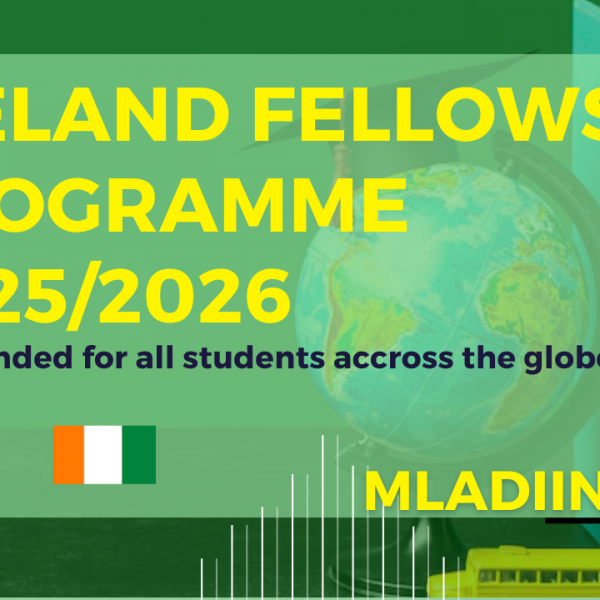
Deadline: 31 October 2020
Open to: citizens of African countries affiliated with a research institution on the continent
Benefits: fully- funded
Description
The Biosciences eastern and central Africa – International Livestock Research Institute (BecA-ILRI) Hub (Nairobi, Kenya), in partnership with its UK-based partners the John Innes Centre (JIC), the Earlham Institute (EI) and Oxford Nanopore Technologies (ONT), launches an intensive training programme in genomics and bioinformatics, called Third-generation genomics and bioinformatics for agribiosciences in Africa.
The world of genomics is shaken by a revolution brought about by a new generation of portable, versatile, third-generation sequencing devices that are radically upscaling the ability for researchers to generate and analyze high-quality genomic data, inducing a paradigm shift in the way we look at full genomes and their variation. Cognisant of these advances, the BecA-ILRI Hub now proposes a new training program to equip African scientists with the skills to deploy third-generation genomics, particularly for agribiosciences. The training will largely focus on Nanopore sequencing platforms, but a general background on other sequencing platforms will be provided. The training is designed in three phases, the first two phases being residential in ILRI (Nairobi, Kenya), and a third phase being conducted remotely at the participants’ home institutions.
Eligibility
In order to guide potential applicants, we set out the following requirements, listed in no particular order:
- The call is open to citizens of African countries affiliated with a research institution on the continent. Applicants will have to demonstrate active support from their home institution. By “support”, we mean administrative and financial support, exempli gratia commitment to discharge the applicants from professional tasks they would have to conduct during the period of the training, financial support to help the returning trainee set up their research project in the Deploy phase, commitment to provide the trainee with a conducive environment for those research activities as well as forthcoming local training activities led by the trainee in coordination with the programme’s managing team, etc.
- The applicant’s home institution should already have a minimal molecular biology lab, with basic equipment for DNA extraction and quality checking, polymerase chain reaction (PCR) and gel electrophoresis.
- The applicant’s home institution should commit to equip itself with a MinION starter pack or any other sequencing device enabling native single-molecule sequencing, as well as commit to support the returning trainee with the other start-up costs for their Deploy project (cf. section “Costs/Funding” above).
- Applicants must have a well-thought project in mind, through which they will make use of long-reads genomics as soon as they return to their home institution (Deploy phase)
- Applicants must have earned an MSc in biological sciences, genetics, bioinformatics, biostatistics, biotechnology, agricultural sciences, or other related fields.
Benefits
Thanks to funding from the UK’s Biotechnology and Biological Sciences Research Council (BBSRC) and Department for International Development (DfID, now FCDO), the Bill and Melinda Gates Foundation and Oxford Nanopore Technologies, all costs pertaining to the residential training (Develop and Demonstrate phases) will be met by the program, including return flight tickets from the country of residence, accommodation costs in Nairobi and a monthly allowance covering subsistence costs.
How to apply?
For more information and to apply, please visit the official website.


